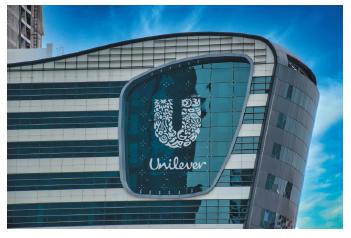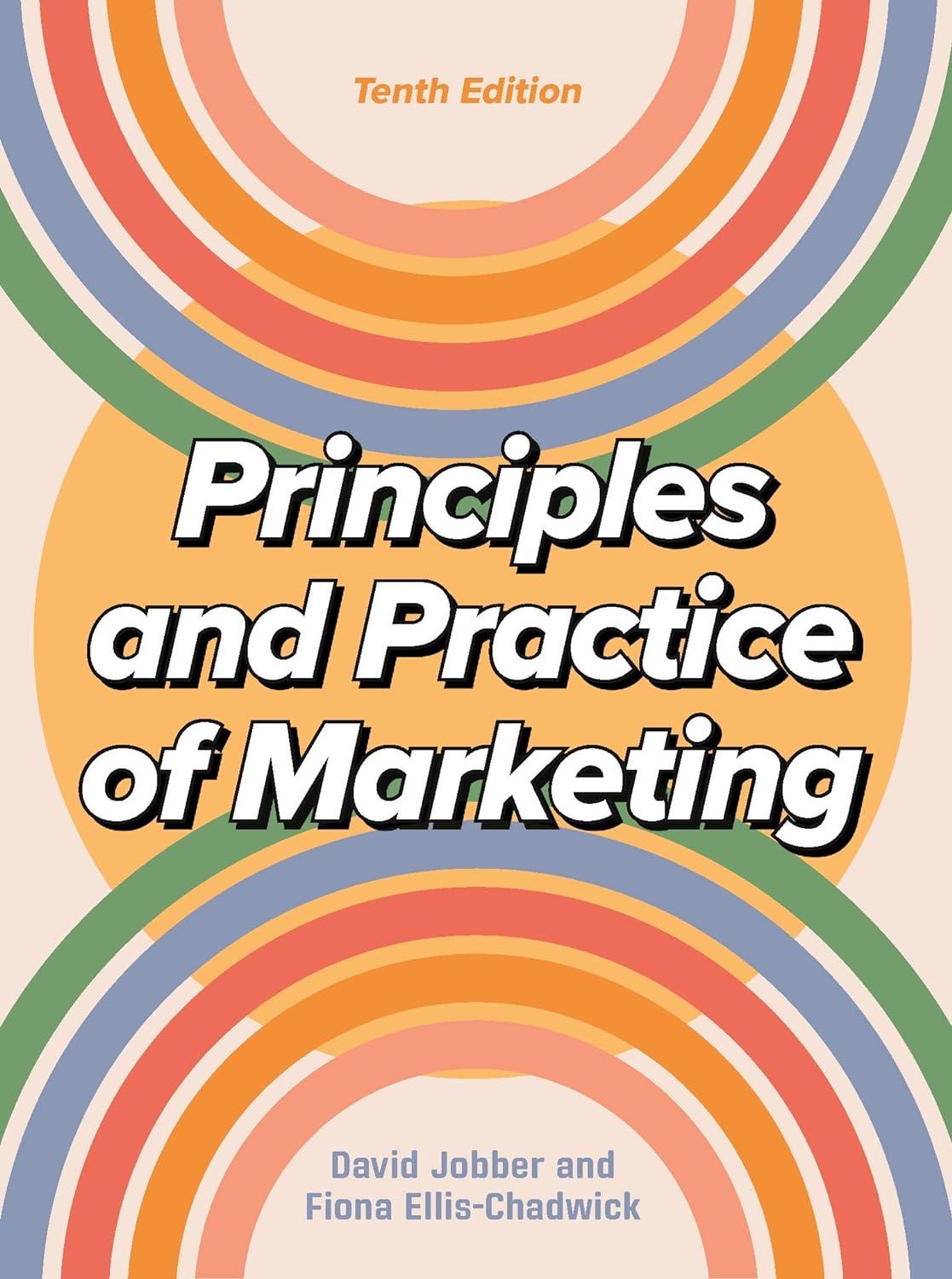Unilever plc is a multinational fast-moving consumer goods (FMCG) company, selling more than 400 brands within product
Question:
Unilever plc is a multinational fast-moving consumer goods (FMCG) company, selling more than 400 brands within product categories such as food, ice cream, homecare and beauty. Competing with other global giants such as Procter & Gamble and Nestlé, Unilever’s portfolio of brands includes successful household names such as Dove, Magnum, Ben & Jerry’s, Lifebuoy, Domestos and Knorr. Thirteen brands appear in the top 50 consumer chosen brands in the world as measured by Kantar Worldpanel, with three in the top ten (Kantar 2022). Unilever is currently worth €52 billion and calculates that 3.4 billion people across the world use its products every day. The organization employs 148,000 people to manufacture, distribute and sell its brands in more than 190 countries (Unilever 2022d). As such, the potential impact of Unilever’s products and how the company operates is considerable: on consumers, on employees and on the planet.

Unilever has historically taken pride in recognizing this responsibility as well as the capability to make a difference to society. Launched in 1894, Unilever’s Lifebuoy soap was developed with carbolic acid to improve hand hygiene. The product was sold at an affordable price alongside handwashing campaigns to help combat diseases that were prevalent due to poor sanitation. Lifebuoy’s handwashing campaign has continued across the world, partnering with the charity UNICEF and donating funds to support its social development programmes. Unilever’s sustainable approach was formalized with a corporate social responsibility (CSR) strategy in 2010 as the 10-year Unilever Sustainable Living Plan (USLP) was launched. This set out ambitious goals for the organization regarding health and well-being, livelihoods and environmental impact. Today, Unilever continues to actively advocate this strategy, publicly acknowledging a responsibility towards multiple stakeholders.
However, amid a fall in share price at the start of 2022, Unilever received criticism from shareholders who challenged its ethical approach, questioning the level of focus prioritized to applying purpose to brands at potential cost to its operating performance. Indeed, as more organizations bring ethics into their marketing, criticism has emerged of brands attempting to make commercial gains out of social issues. Others argue that brands should be confident of their intrinsic benefits and that pursuing purpose can dilute differentiation. As such, a debate exists as to whether a purpose-led approach is always appropriate, or whether this can sometimes be ineffectual, even damaging, if seen as lacking in differentiation or authenticity.
Questions
1. Describe the issues in the current global environment that provide challenges for marketers with regard to ethical considerations. Why might these be greater for companies such as Unilever?
2. Evaluate the extent to which Unilever is meeting responsibilities at every level of Carroll’s four-part model of CSR, and therefore reaching full achievement of this strategy according to the model. Provide evidence to support your argument.
3. Identify the different stakeholder groups that have an interest in the activities of Unilever as a company. Explain the potential tensions between these groups that would create challenges for Unilever in following the stakeholder theory.
4. Discuss the challenges that Unilever faces in pursuing a purpose-led approach across its entire portfolio of brands. What action do you think the company should take going forward with regard to these challenges?
Step by Step Answer:

Principles And Practice Of Marketing
ISBN: 9781526849533
10th Edition
Authors: David Jobber, Fiona Ellis-Chadwick





